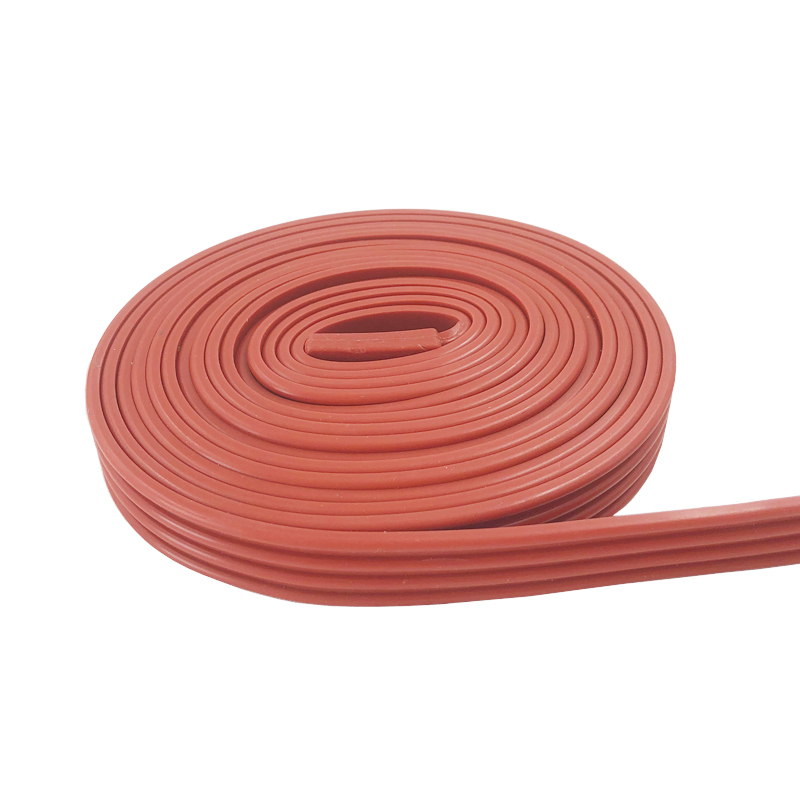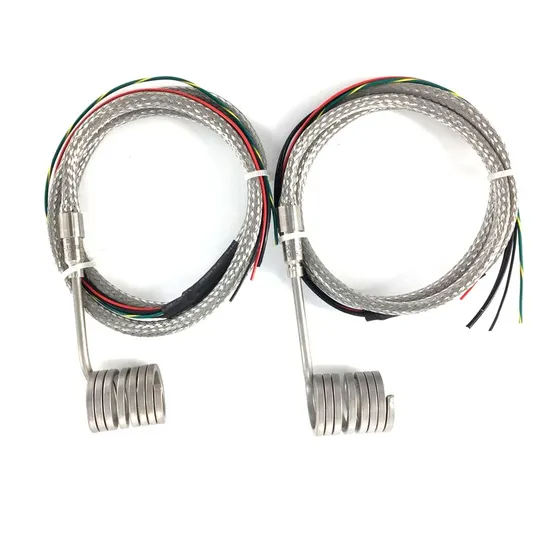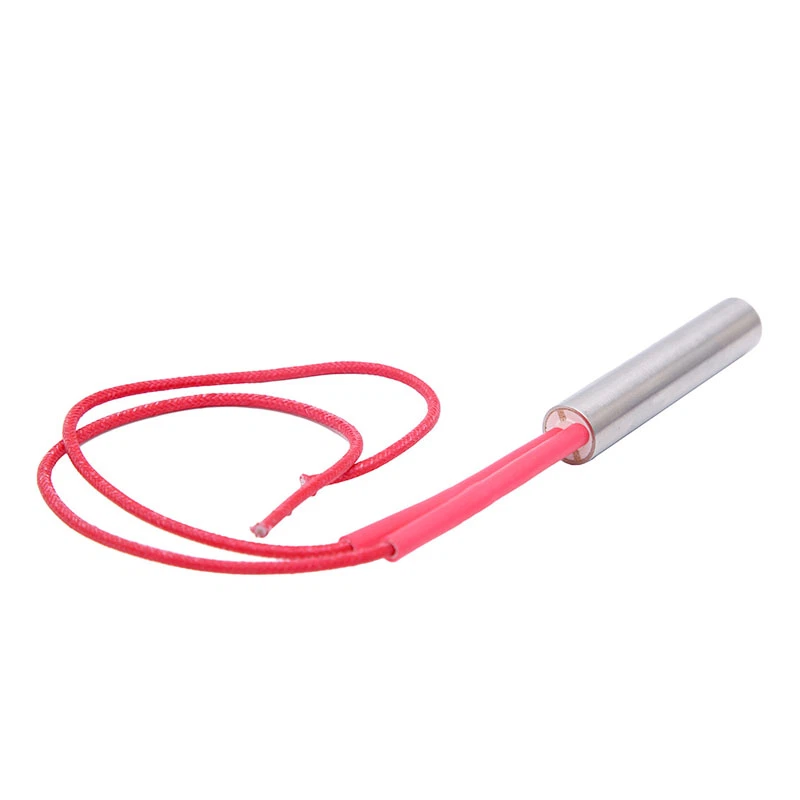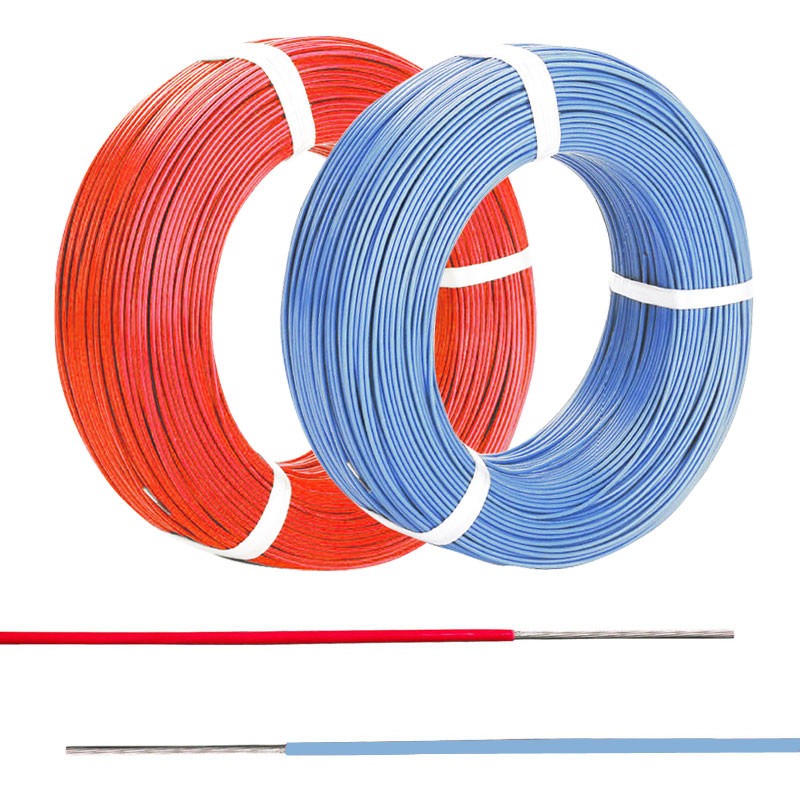Understanding the role of a band heater is crucial, especially if you’re working with equipment that demands precise temperature control. Whether you’re familiar with industrial heating or just getting started, knowing what a band heater manufacturer offers can make all the difference. These heaters are vital in many industries, ensuring that machines and processes run smoothly and efficiently.
How Does a Band Heater Work?
Band heaters are cylindrical devices designed to heat cylindrical objects. They fit snugly around the surface of a cylinder, providing even and consistent heat.
- Sheath Material: The outer layer is usually made of stainless steel, which is durable and resistant to oxidation at high temperatures.
- Insulation: Inside the heater, layers of insulation, such as mica or ceramic, help prevent heat loss and ensure that most of the energy is directed towards heating the cylinder.
- Heating Element: The core component is a wire made of materials like nickel-chromium, which heats up when electricity flows through it.
This design allows the band heater to evenly distribute heat, which is essential for applications requiring uniform temperatures.
What are The Common Applications of Band Heaters
Band heaters are used in a variety of settings. Their ability to maintain consistent temperatures makes them invaluable in several industries.
- Plastic Industry: In plastic injection molding machines, band heaters maintain the temperature of the barrels, ensuring that the plastic melts uniformly.
- Packaging Industry: They are used to seal packages by providing the necessary heat to bonding surfaces.
- Food Industry: Band heaters help maintain the temperature of processing equipment, ensuring that food products are cooked or processed at consistent temperatures.
- Chemical Industry: In chemical processing, maintaining precise temperatures is critical for reactions. Band heaters are used to ensure that vessels and pipes remain at the required temperature.
- Textile Industry: They keep dye vats and other processing equipment at consistent temperatures, ensuring that colors are applied evenly.
What are The Types of Band Heaters
There are several types of band heaters, each designed for specific applications.
- Mica Band Heaters: These are the most common type and are suitable for applications requiring lower watt densities. They are ideal for plastic processing machinery.
- Ceramic Band Heaters: These are used in applications that require high temperatures and are known for their energy efficiency due to the ceramic insulation.
- Nozzle Heaters: A specialized type of band heater, nozzle heaters are used in machines that have smaller surfaces to heat, such as the nozzles of injection molding machines.
Benefits of Using a Band Heater
Band heaters offer several benefits, making them a preferred choice in various industries.
- Efficient Heat Transfer: Band heaters are designed to provide direct heat to the surface they wrap around, making them highly efficient.
- Durability: Made from high-quality materials, they are built to withstand harsh industrial environments.
- Energy Savings: The insulation within band heaters minimizes heat loss, reducing energy consumption.
- Customizable: A band heater manufacturer can customize these heaters to meet specific needs, including size, wattage, and material.
Wrap Up
Understanding the purpose of a band heater is essential for anyone involved in industries that require precise temperature control. From their construction to their applications, band heaters play a key role in maintaining the quality and efficiency of various processes. By choosing a reliable band heater manufacturer, you can ensure that your equipment runs efficiently and meets your specific heating needs. These heaters are more than just tools; they are essential components that keep many industries running smoothly.














